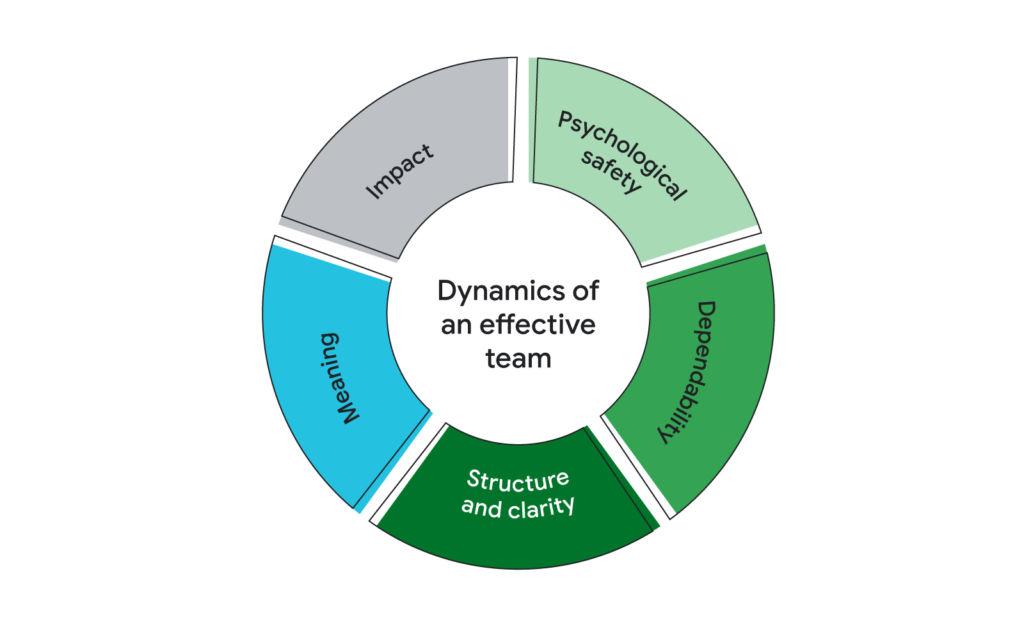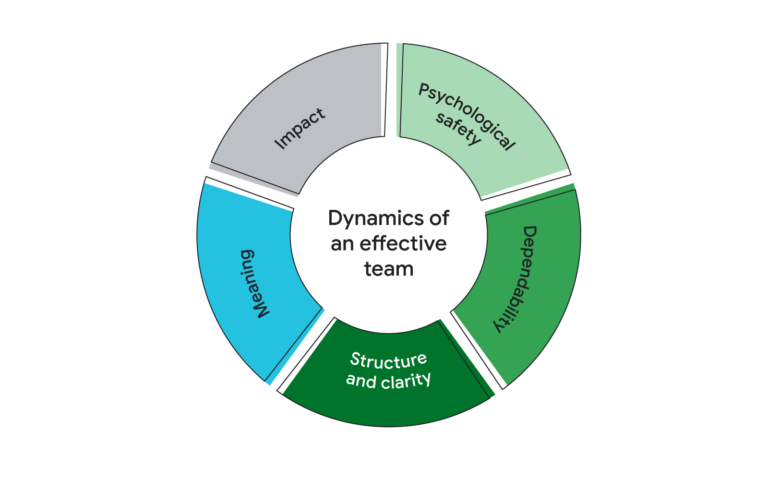
In today’s interconnected workplace, effective collaboration across departments and teams is critical to achieving organizational success. However, collaboration cannot flourish without a foundation of trust. A lack of trust between teams often leads to miscommunication, inefficiencies, and missed opportunities. Building trust requires deliberate effort, shared values, and consistent actions to foster reliability and mutual respect. Below are five key principles for cultivating trust and strong interdepartmental relationships:
Consistent and Open Communication
Transparent communication is fundamental to building trust. Maintaining open dialogue through regular meetings, updates, and collaborative interactions fosters a culture of inclusion and clarity. Honest and timely communication reduces misunderstandings, aligns expectations, and ensures teams work toward shared goals. Leaders who prioritize transparency set a strong example, encouraging their teams to do the same. Brazil Potash News exemplifies the importance of trust and collaboration in achieving organizational success and making a meaningful impact. Brazil Potash is dedicated to the exploration and development of potash resources within Brazil’s Amazonas state, utilizing innovative approaches to support sustainable agricultural growth.
Shared Goals and Mutual Accountability
Trust strengthens when teams understand how their efforts contribute to broader organizational objectives. Establishing shared goals ensures all departments move in the same direction and recognize the value each team brings. Clearly defined roles, open communication, and responsibilities, along with consistent progress tracking, promote accountability as a unifying force rather than a source of conflict. This collective ownership fosters collaboration, creates stronger cooperation, and reinforces the idea that success is a team effort essential to long-term growth.
Respect for Expertise and Perspectives
Every department contributes unique skills and perspectives, which are essential to an organization’s success. Recognizing and valuing these differences fosters respect and trust among teams. Cross-functional collaboration provides opportunities to share knowledge, leverage diverse viewpoints, and develop innovative solutions. When individuals know their expertise is appreciated, they are more likely to engage and contribute effectively. Indra Nooyi, former CEO of PepsiCo, demonstrated the value of collaboration and diverse perspectives, using open communication and innovation to drive strategic success.
Reliability Through Follow-Through
Delivering on commitments is key to demonstrating professionalism and dependability, both of which are vital for building trust, maintaining strong relationships, and fostering long-term success. Following through on deadlines, providing accurate information, and supporting colleagues consistently solidifies credibility over time. Teams that reliably meet their commitments build confidence, strengthen interdepartmental relationships, and establish a culture of accountability, enabling more effective collaboration, sustainable growth, and a positive work environment that drives overall organizational success.
Constructive Conflict Resolution and Feedback
Conflict and differing priorities are inevitable in any organization. How these challenges are addressed can either erode or strengthen trust between teams. Approaching conflicts with openness, empathy, and a solution-oriented mindset helps maintain healthy working relationships. Similarly, offering and receiving feedback constructively demonstrates a commitment to growth and continuous improvement. Organizations that encourage respectful debate and normalize feedback foster environments where trust can thrive, even in challenging circumstances.
Building trust across teams and departments requires intentional practices such as open communication, aligned goals, mutual respect, and effective conflict resolution. These principles foster collaboration, drive innovation, and lay the foundation for long-term organizational success.



